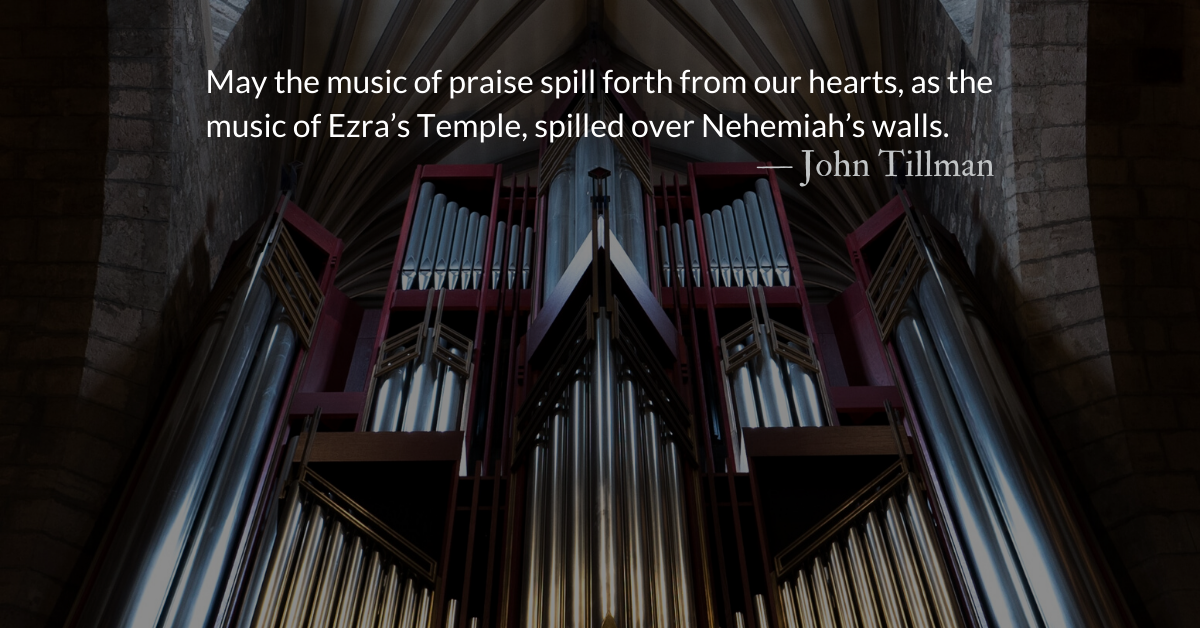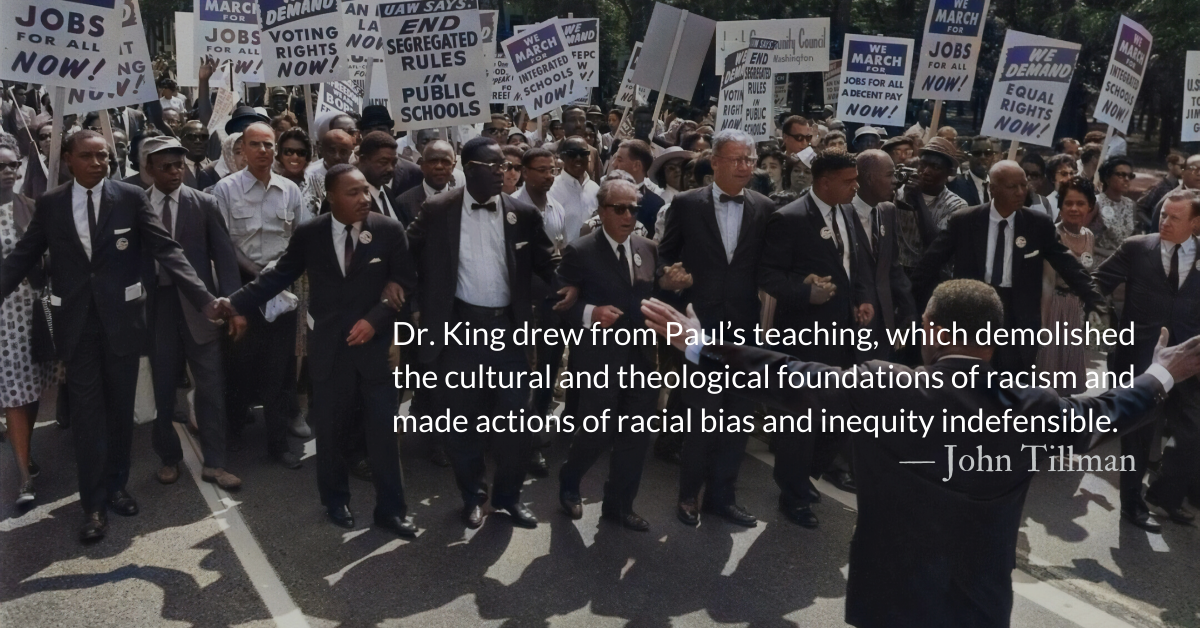Scripture Focus: Esther 1.22
He sent dispatches to all parts of the kingdom, to each province in its own script and to each people in their own language, proclaiming that every man should be ruler over his own household.
Reflection: Every Man a King?
By John Tillman
It is quite fitting that a book titled for it’s heroine, Esther, begins with a tale of fragile male ego. In what amounts to not answering her husband’s Facebook event invite, Vashti commits what, to the assembled, powerful men of the land was a grievous wrong. She says, “no.”
What follows is what typically follows after a bruised male ego—overreaction leading eventually to violence. In any era, including our own, powerful men being snubbed at a party can set off a chain of events that threatens an entire population, but in the ancient world of monarchs it was inevitable.
Xerxes, who on the outside seems the most powerful person in the story, is shown in many ways to be the weakest. He is ruler of half the known land mass of the world, but spends the entire narrative beset by and tied up in, reactionary (and irreversible) laws. Some of them of his own making.
Xerxes is obsessed with what happens to himself. His ego can’t tolerate being disobeyed in even the slightest way. When snubbed, he looks to legislation rather than to relationships as both punishment and final solution.
The idea of “every man a king” does not come exclusively from this verse, but it is an early iteration of the concept and a desperate attempt by men to maintain ungodly power over women who are, together with men, bearers of the image of God.
The legislation that ends Chapter one is the desperate shutting of the door on an already empty barn. It is descriptive—telling us of the foolish actions of men. It is not prescriptive—telling us how men should deal with women. The authors of the “every man a king” law are the bumbling fools of the story, not the heroine.
And the next step taken, to replace Vashti, is the first step in bringing to power a woman who will do something more unusual than refuse the king’s presence. Esther will command Xerxes attention instead. She will condemn to death men close to him. She will issue commands to the leaders of his people and change the course of history.
Divine Hours Prayer: The Refrain for the Morning Lessons
Righteousness shall go before him, and peace shall be a pathway for his feet. — Psalm 85.13
– From The Divine Hours: Prayers for Autumn and Wintertime by Phyllis Tickle.
Today’s Readings
Esther 1 (Listen -4:14)
Acts 24 (Listen -4:11)
This Weekend’s Readings
Esther 2 (Listen -4:31), Acts 25 (Listen -4:40)
Esther 3 (Listen -3:12), Acts 26 (Listen -5:17)
Read more about Faith Requires Humility
One reason faith is so difficult for today’s culture is that we devalue humility. And faith cannot exist without humility.
Read more about Humble, Welcoming Servants :: A Guided Prayer
We confess to you, Lord…Just like the twelve…we are concerned about being number one. We argue and attempt to dominate one another.











